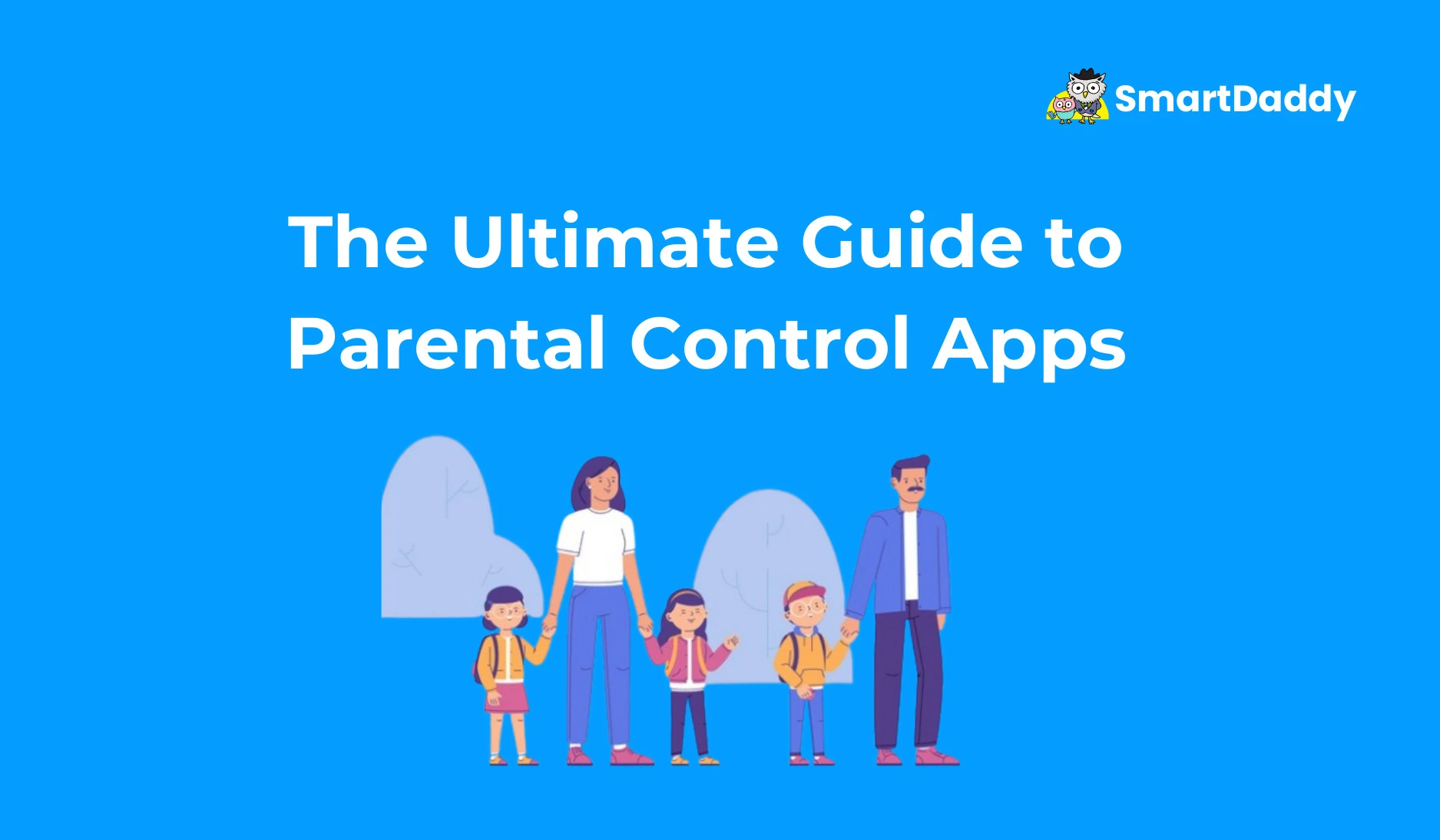In today’s digital age, where children have easy access to a wide range of content online, ensuring their safety and well-being has become a primary concern for parents. This is where parental control apps prove useful. These apps offer a powerful solution for managing and monitoring children’s online activities, helping parents create a safer digital environment.
What Are Parental Control Apps?
Parental control apps are specialized software tools that allow parents to monitor, manage, and control their children’s online activities across various devices. These apps offer features like content filtering, screen time management, location tracking, and social media monitoring, giving parents greater control over what their children can access online. The goal is to protect children from inappropriate content, cyberbullying, and other online threats while encouraging responsible digital behavior.
The Evolution of Parental Control Technology
Parental control technology has significantly advanced since it was first introduced. Early versions were primarily focused on basic content filtering, blocking access to adult websites or inappropriate material. As technology progressed, the capabilities of these tools expanded as well. Modern apps are now equipped with sophisticated features like real-time location tracking, app usage monitoring, and even AI-driven insights into online behavior. This evolution reflects the growing need for more comprehensive solutions as the digital landscape becomes increasingly complex.
Why Parents Need Parental Control Apps in the Digital Age
In a world where children are exposed to vast amounts of information and potential risks online, parental control apps have become essential tools for responsible parenting. These apps help parents protect their children from harmful content, prevent excessive screen time, and foster healthier digital habits. Moreover, they provide peace of mind by allowing parents to stay informed about their children’s online interactions and whereabouts. In an era where digital threats are constantly evolving, These apps offer a proactive approach to safeguarding children’s digital experiences.
Types of Parental Control Apps
Parental control apps come in various forms, each designed to address specific aspects of a child’s digital life. These apps provide parents with a range of tools to help them manage, monitor, and protect their children online. Here’s a look at some of the most common types of apps:
Apps for Screen Time Management
Screen time management apps are designed to help parents control the amount of time their children spend on digital devices. These apps allow parents to set limits on daily screen usage, schedule device-free times, and even enforce bedtime restrictions. By regulating screen time, these apps encourage a healthier balance between digital activities and other essential aspects of life, such as physical activity, homework, and family interaction.
Apps for Content Filtering
Content filtering apps focus on blocking or restricting access to inappropriate or harmful content online. These apps can filter websites, apps, and online searches, ensuring that children only access age-appropriate material. Content filtering apps often include customizable settings, allowing parents to adjust the level of filtering based on their child’s age and maturity. This helps create a safer online environment, shielding children from explicit content, violence, and other harmful material.
GPS and Location Tracking Apps
GPS and location tracking apps provide parents with real-time information about their child’s whereabouts. These apps allow parents to track their child’s location, set up geofencing alerts (which notify parents if a child leaves or enters a specific area), and access location history. This feature is particularly useful for ensuring children’s safety during travel to and from school or other activities, giving parents peace of mind knowing where their child is at all times.
Social Media Monitoring Apps
Social media monitoring apps enable parents to keep an eye on their children’s activities on various social media platforms. These apps can track posts, messages, and interactions, helping parents identify potential issues like cyberbullying, online predators, or exposure to inappropriate content. Some social media monitoring apps also provide insights into the child’s online behavior, alerting parents to any red flags that may require attention.
By leveraging these different types of parental control apps, parents can create a comprehensive strategy to protect their children in the digital world. Each type of app offers unique benefits, and when used together, they provide a well-rounded approach to digital safety and well-being.
Benefits of Parental Control Apps
Parental control apps offer a range of benefits that go beyond just monitoring and managing a child’s online activities. They play a crucial role in fostering a safer, more balanced, and productive digital environment for children. Here are some of the key benefits of using parental control apps:
Enhancing Digital Safety for Kids
One of the primary benefits of parental control apps is enhancing digital safety for children. These apps help parents shield their children from inappropriate content, online predators, and cyberbullying by monitoring their online activities and filtering harmful content. By setting up safety measures, parents can ensure that their children have a more secure online experience, reducing the risks associated with internet usage.
Managing Screen Time and Preventing Addiction
Parental control apps are effective tools for managing screen time and preventing digital addiction. With features that allow parents to set time limits on device usage, these apps encourage children to take breaks and engage in offline activities. This helps prevent the negative consequences of excessive screen time, such as eye strain, sleep disturbances, and reduced physical activity. By promoting a healthy balance between screen time and other activities, these apps contribute to overall well-being.
Improving Academic Performance through Focused Usage
By controlling access to distracting apps and websites during study hours, parental control apps can improve a child’s academic performance. These apps allow parents to create focused usage schedules, ensuring that children devote time to their homework and educational activities without the temptation of social media or gaming. By fostering a more disciplined approach to digital device usage, parental control apps help children develop better study habits and improve their academic outcomes.
Strengthening Family Relationships with Digital Boundaries
Establishing clear digital boundaries with the help of parental control apps can strengthen family relationships. By limiting screen time and encouraging more face-to-face interactions, families can spend quality time together, enhancing communication and bonding. These apps also provide an opportunity for parents to have open conversations with their children about responsible technology use, fostering mutual understanding and trust.
In summary, parental control apps offer valuable tools for enhancing digital safety, promoting healthy screen time habits, improving academic performance, and strengthening family relationships. By integrating these apps into their parenting strategies, parents can create a balanced and secure digital environment that supports their child’s overall development.


